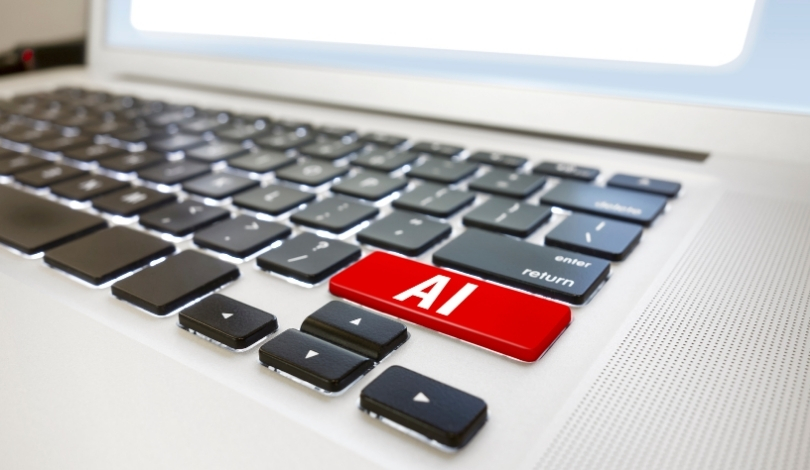A new chapter unfolds in Hollywood as prominent figures like Matthew McConaughey and Michael Caine choose to collaborate with artificial intelligence companies, challenging industry perceptions and raising questions about creativity and consent. While some creators warn against AI’s risks, others seek opportunities to shape how this technology is integrated into entertainment. By partnering with ElevenLabs, both McConaughey and Caine set a precedent, illustrating diverging paths among their peers and sparking fresh debate on the limits and possibilities of AI-generated voice work. These decisions reflect a mix of caution and optimism that will likely influence how studios, actors, and audiences approach synthetic media in the future.
While media coverage about AI in Hollywood over the last year often highlighted pushback—especially during industry strikes—specific collaborations were relatively rare. There has been skepticism, notably surrounding deepfakes and unauthorized uses, yet most reporting has focused on legal struggles rather than voluntary partnerships. The involvement of respected actors with a company such as ElevenLabs and their overt endorsement marks a shift from lawsuits and boycotts to a more collaborative, contract-based integration of AI into creative projects, something not widely recorded in earlier headlines.
Why Are Celebrities Partnering with ElevenLabs?
Matthew McConaughey and Michael Caine have both agreed to license their voices to ElevenLabs, a startup recognized for its realistic AI-generated voices. Michael Caine now joins the company’s “Iconic Voice Marketplace”, where companies can request and pay for authorized synthetic versions of celebrity voices for use in various projects. ElevenLabs emphasizes that participation requires explicit consent and is managed on a per-project basis, seeking to address concerns about unauthorized replication and compensation that have gripped the industry.
How Do Actors Benefit from Voice Licensing?
Actors who join platforms like the Iconic Voice Marketplace stand to gain greater control over the use of their digital likeness, as well as access new revenue streams. Matthew McConaughey has gone further than licensing his voice—he has taken an equity stake in ElevenLabs and launched a Spanish-language version of his “Lyrics of Livin’” newsletter, narrated by an AI-powered version of his own voice. In a statement, McConaughey acknowledged,
“the extraordinary storytelling capabilities and creative potential that ElevenLabs unlocks.”
This direct involvement in an AI startup demonstrates a proactive approach by performers seeking to stay ahead of technological advances rather than merely reacting to them.
Can AI Partnerships Address Industry Concerns?
By requiring performer consent and offering fair compensation, ElevenLabs’ model has been designed to comply with recent union contract demands from groups such as SAG-AFTRA, which now mandates approval and payment for the use of digital replicas. Michael Caine signaled support for this approach by stating,
“ElevenLabs is at the very forefront of technology, using innovation not to replace humanity, but to celebrate it.”
Despite this, industry anxiety remains, as seen in recent cases where unauthorized cloning led to legal action. Voices such as Morgan Freeman’s highlight persistent fears over identity theft and creative rights infringement, forcing AI companies to balance innovation with ethical and legal responsibilities.
AI voice technology’s influence extends beyond individual actors, impacting areas from film dubbing to real-time video translation, and drawing substantial commercial interest. ElevenLabs lists a diverse roster of clients, including news organizations and municipal governments. However, the company has not escaped controversy after its tools were implicated in political robocall deepfakes during the 2024 US election. Such incidents underscore the double-edged nature of the technology and spotlight the necessity for robust safeguards, transparency, and ongoing dialogue among creators, performers, and developers.
With McConaughey and Caine entering AI collaborations on their own terms, Hollywood observers can watch the potential evolution of industry practices. Their involvement demonstrates that careful licensing and performer-driven models may set standards for future integrations of AI, yet uncertainty lingers regarding broader acceptance and the technology’s ultimate impact on creative labor. For those navigating the intersection of entertainment and artificial intelligence, understanding usage rights, contract details, and ethical implications will be crucial. As more stars explore AI opportunities, observers should follow changes to industry guidelines and individual contract structures, ensuring that creative ownership remains clear and protected.
- McConaughey and Caine officially licensed voices to ElevenLabs for AI projects.
- ElevenLabs offers “Iconic Voice Marketplace” with consent-driven voice licensing.
- Hollywood weighs risks and possibilities of performer-controlled AI collaborations.










